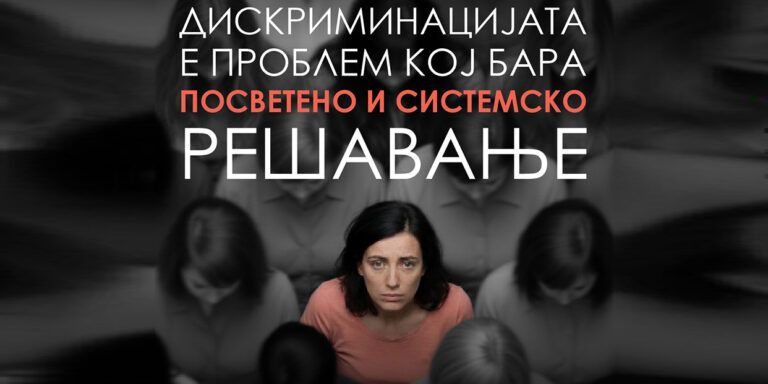Civic Impulse #1: Monthly Review of Grantee Activities
[December 2024 – January 2025]
In December, Civica Mobilitas grantees continued to show their dedication and engagement related to important issues of the everyday life. The initiatives started by them do not only encourage the citizens to be active participants in the creation of positive changes, but they also raise the awareness on the importance of gender equality, economic empowerment of women, environmental sustainability and culture, as well as fight against corruption.
In the Pelagonija region, the Center for Civic Initiatives from Prilep, together with their partners, PET Station and the Multiethnic Association for All Ages organized a Gender Equality School with 20 participants. The school enabled them to obtain important knowledge and resources related to the rights of women and girls, as well as their active participation in the community. The organizations worked hard and with dedication in Prilep, Krivogashtani and Dolneni. There, they organized lectures on ”Prevention for Better Health”, where at least 90 participants increased their awareness about the importance of health and prevention. In Tetovo, on the other side, there was upgrading of the previously achieved engagements. Eight certificates were awarded to women who had successfully completed the training for “Cosmetician-Beautician” as part of the programme for economic empowerment of women. This is only one of the examples of Civica Mobilitas grantees geared to engagement and creation of new possibilities for women, who have newly acquired skills and become involved in the labor market, creating economic stability for themselves and their families.

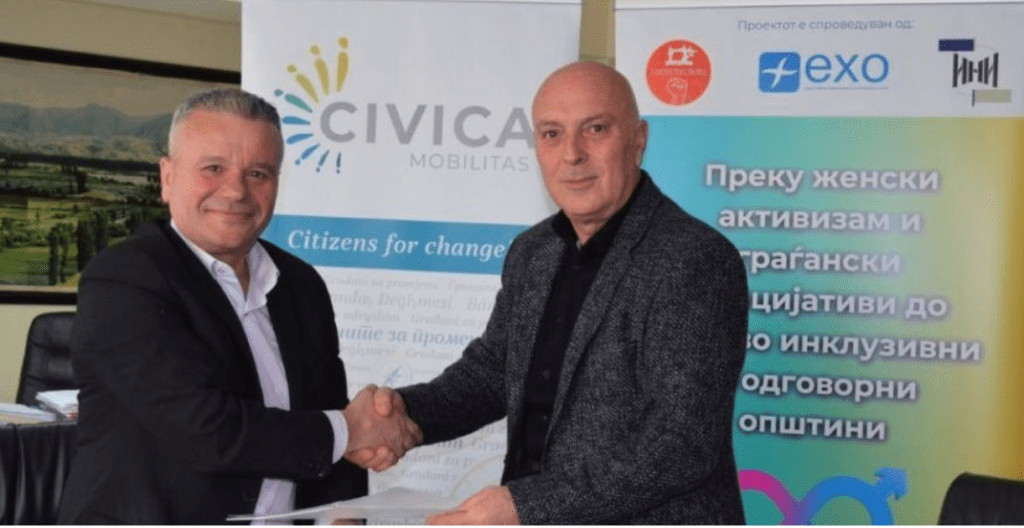

The International Anti-Corruption Day, 9th December, was marked by the Center for Civic Communications, the Association of Tax Advisors and Aktivo published their Analysis of the Use of Real Owners Data in the Fight against Corruption in North Macedonia. The research shows that the institutions in charge in the country make very little use of the data on the real owners which can be crucial in preventing crime and corruption.
In the meantime, there was significant interest of the people from the Polog region. The Association for Democratic Initiatives presented the findings of the Research of the Reasons and Situation with the Migration of the Youth, in front of more than 180 participants, CSO representatives, youth councils, local self-government representatives, mayors, business community, citizens and young people.
In the eastern region, there was signing of the Memorandum for Cooperation within the project “Via Women’s Activism and Initiatives to Gender Inclusive and Accountable Municipalities” between the Association Initiative of Unemployed Intellectuals INI from Vinica and the municipality. With the support of the local self-government, there will be practical solutions for transformative changes in the community. This is one of the goals that we want to reveal for you: involvement of women and girls from the community in the creation of municipal programmes and projects, and I believe that you would like to find out the others as well.
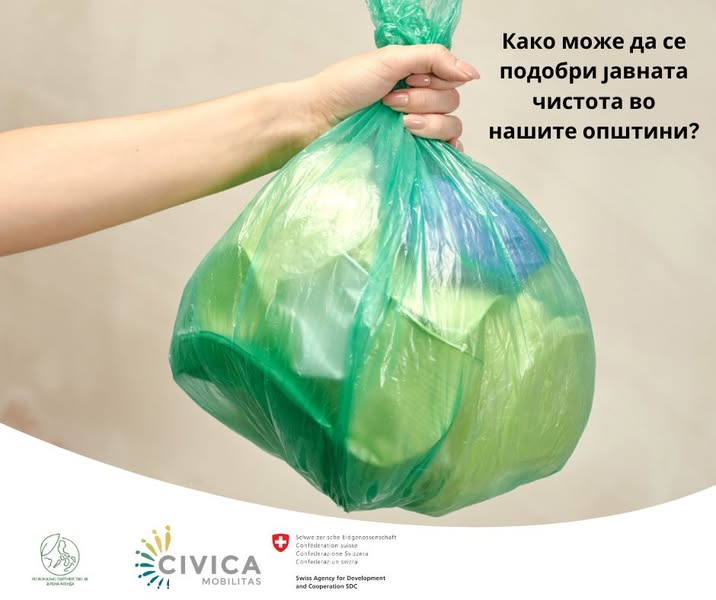
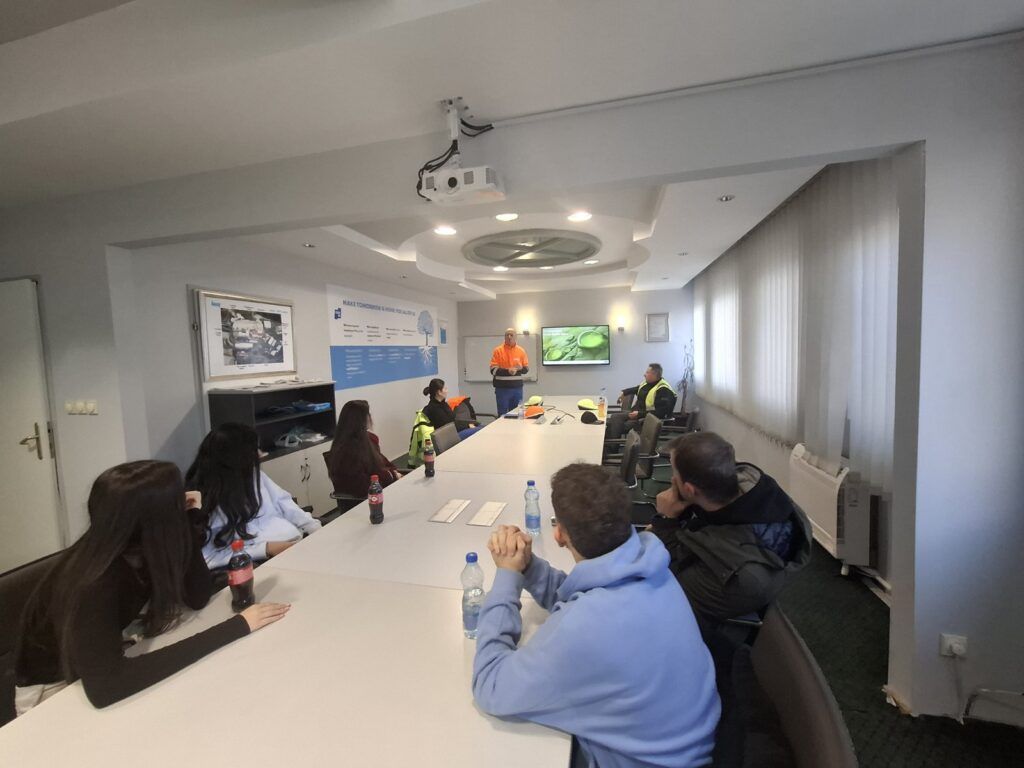

The environmental innovations remained in the focus of the developments in December as well, via the workshops on “Techniques for Biowaste Transformation” of REC, Eco Logic and Florozon, in the biotechnological laboratory of SUGS “Marija Kiri-Sklodovska” in Skopje. This time, it was with the participation of the students from the primary school OOU “Vojdan Chernodrinski” from the Municipality of Karposh. It was in December when, inspired by their results, we also prepared a story on the engagement of these young enthusiasts. In January, the educational workshop was also attended by the students of OU “Dimitar Pop Georgiev – Berovski” from the Municipality of Gjorche Petrov. With practical experiments, they have learnt how the organic waste from the households can be processed into products useful for the pharmaceutical industry, cosmetics and food processing industry and how waste can become a resource and be used in creating sustainable green future.
The students from SOU “28th November” visited the most well-known and biggest foreign production facility at the Municipality of Debar – “Knauf” Plaster and Plaster Product Factory as part of the project “Let’s Learn about Climate Changes”. They got acquainted with the history and work processes in the factory, as well as with the impact of its work on the environment; the importance of lowering the harmful gas emissions and shifting to natural gas in the work processes was stressed.
In this respect, the Centre for Climate Changes also shared the data of their analysis “Challenges in the Implementation of Policies Related to the Western Balkans Green Agenda”, which reveals serious shortcomings in the implementation of the legal obligations by the municipalities when it comes to environment protection. Only 31% of the municipalities have prepared Public Cleanness Programme, and only 11 municipalities with more than 35,000 inhabitants, out of the 81, have a Plan for Improving the Quality of Ambient Air.
The Centre for Climate Changes held a workshop in the Pelagonija region in January and successfully presented how the municipalities of this region build their way to a green revolution. At the workshop, the participants worked on discovering the problems related to the Green Agenda and proposed next steps for resolving them, stressing the education of citizens, decarbonization and using renewable energy sources.

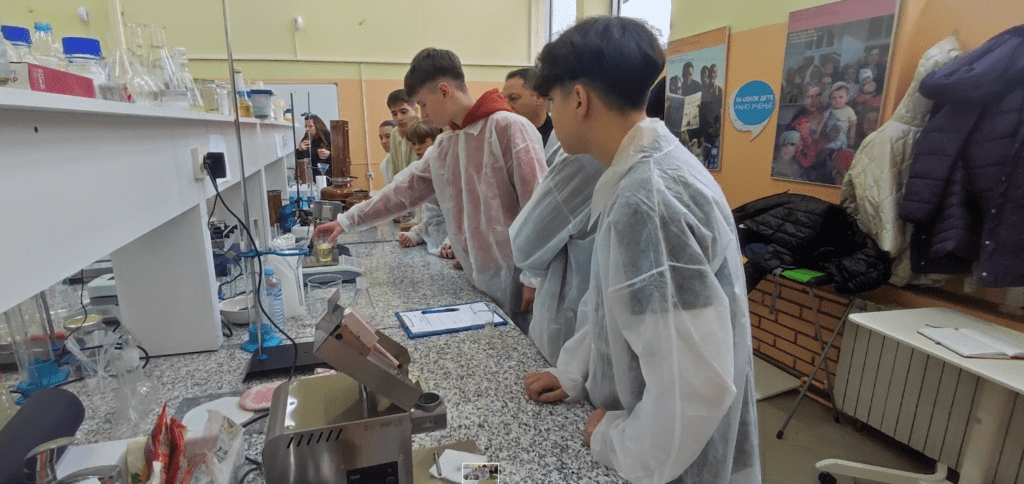
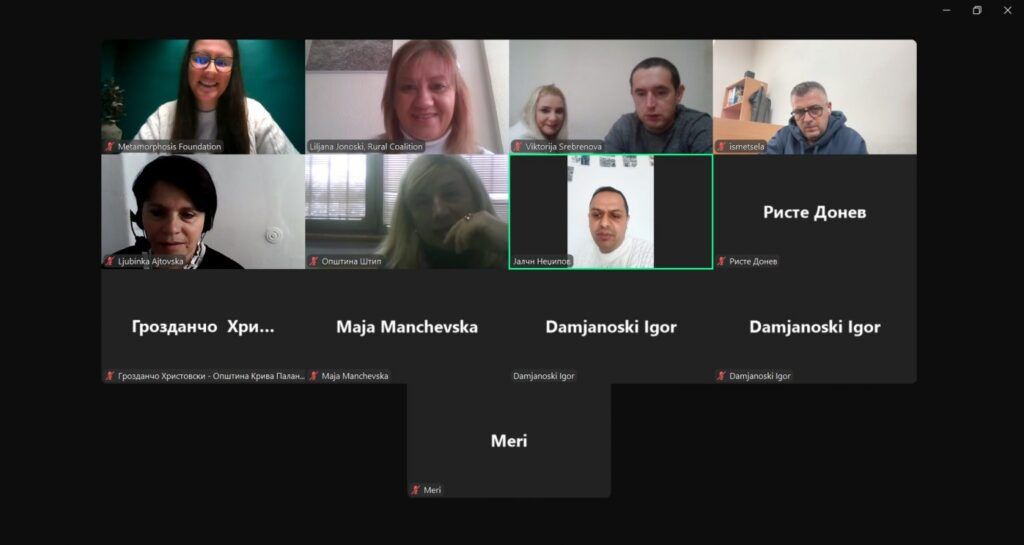
In January, the Rural Coalition, supported by Metamorphosis Foundation for Internet and Society and the Centre for Social Innovations Blink 42-21, organized the First Joint Mentors’ Meeting for strengthening the capacities of the municipalities on increased transparency and accountability, which is part of the project “Digital Transformation at Local Level – Involved Community for Corruption Resilience”. This initiative, which includes eight municipalities from eight regions aims to increase the capacity of the public servants and promote their efforts to improve the transparency and accountability. Mentors’ support is crucial for the development of the mCommunity tool, which will help the municipalities open to the citizens and increase their accountability; it will be implemented in January and February 2025.
One more step was made in the development of the educational policy in the country by establishing an informal expert network “CLUSTER 3 and Reforms in the High Education”. The Forum of Reasonable Policies (FRP), in cooperation with the Institute for Social Sciences and Humanities (ISSH-S) and the Balkan Institute for Regional Cooperation (BIRS) started to prepare analyses, monitoring reports and draft policies that will approximate the higher education policies of North Macedonia to the Bologna process.
Continue following with us the news of our grantees and their successful initiatives.




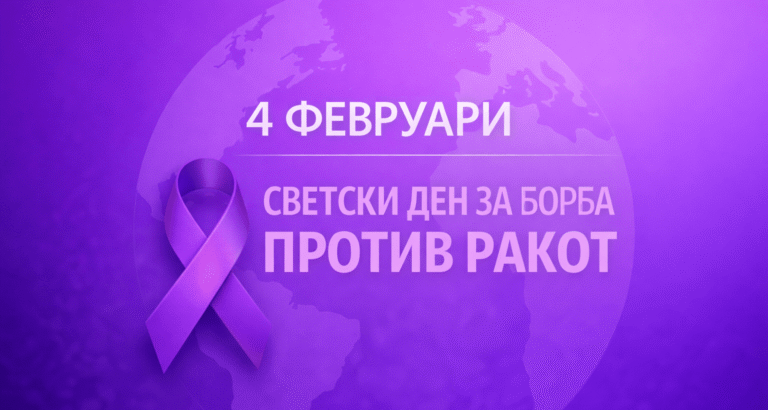
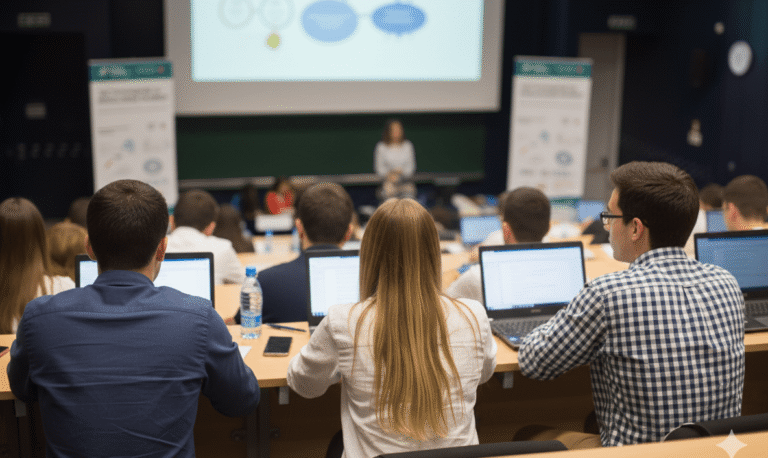
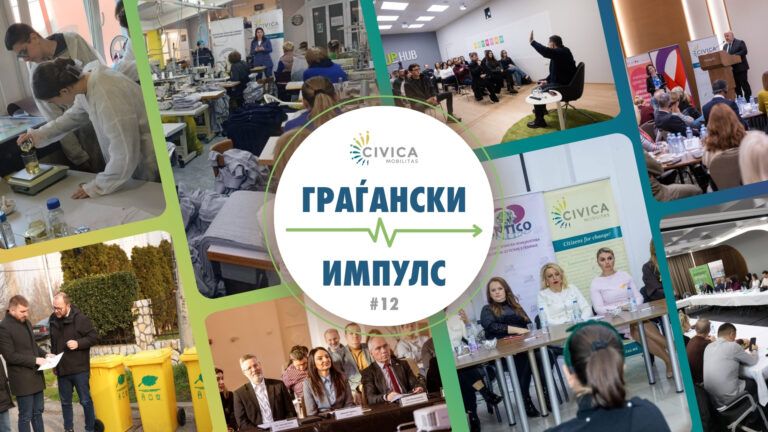
![Sre]ni praznici(2)](https://civicamobilitas.mk/wp-content/uploads/2025/12/sreni-praznici2-768x432.jpg)
